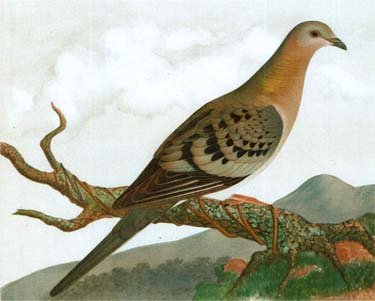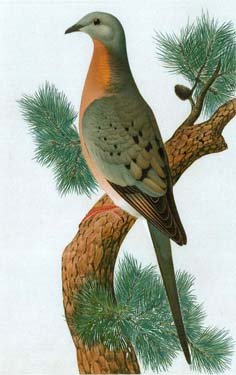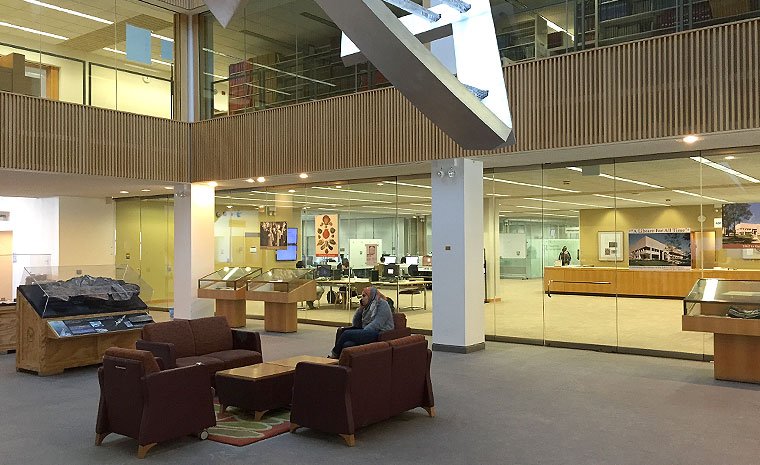Respecting the Bird - Stories from the Past
"In January 1834, famed Shakespearean actor Junius Brutus Booth, father of actor Edwin Booth and, more infamously, Abraham Lincoln's assassin John Wilkes Booth, collected the bodies of "about a bushel" of wild (passenger) pigeons. He then hired a hearse to carry the tiny bodies to the lot he had purchased in a nearby cemetery, where a solemn funeral was conducted. Booth later wrote, "We trust our boasted humanity will hold the protection of these beautiful birds to be a most sacred trust – an attitude rarely taken in the day of its abundance."
"In August 1826, a traveler crossing Lake Superior in a group of large canoes saved a bird seen struggling to cross the lake. It lit on the yard arm from which it was taken down and given to him. He gave the bird some water to drink and some broken pieces of cracker. "Nothing shall cause me to abandon it," he wrote, and gave the bird the Chippewa name Me-me. The bird learned its name, came when called, and lived for several years in domestication."
Wright, A. H., "Other Early Records of the Passenger Pigeon." Auk, Vol 28, July, 1911. Pp. 346-367

From the Posthumous Works of Charles Otis Whitman, v.2. Washington DC: The Carnegie Institution of Washington, 1919. https://catalog.lib.uchicago.edu/vufind/Record/2220832 Crerar: QL696.C6W6.

From the Posthumous Works of Charles Otis Whitman, v.2. Washington DC: The Carnegie Institution of Washington, 1919. https://catalog.lib.uchicago.edu/vufind/Record/2220832 Crerar: QL696.C6W6.
